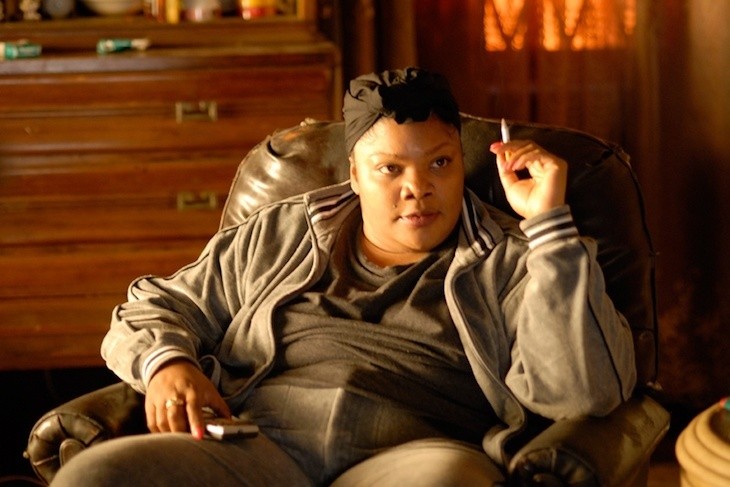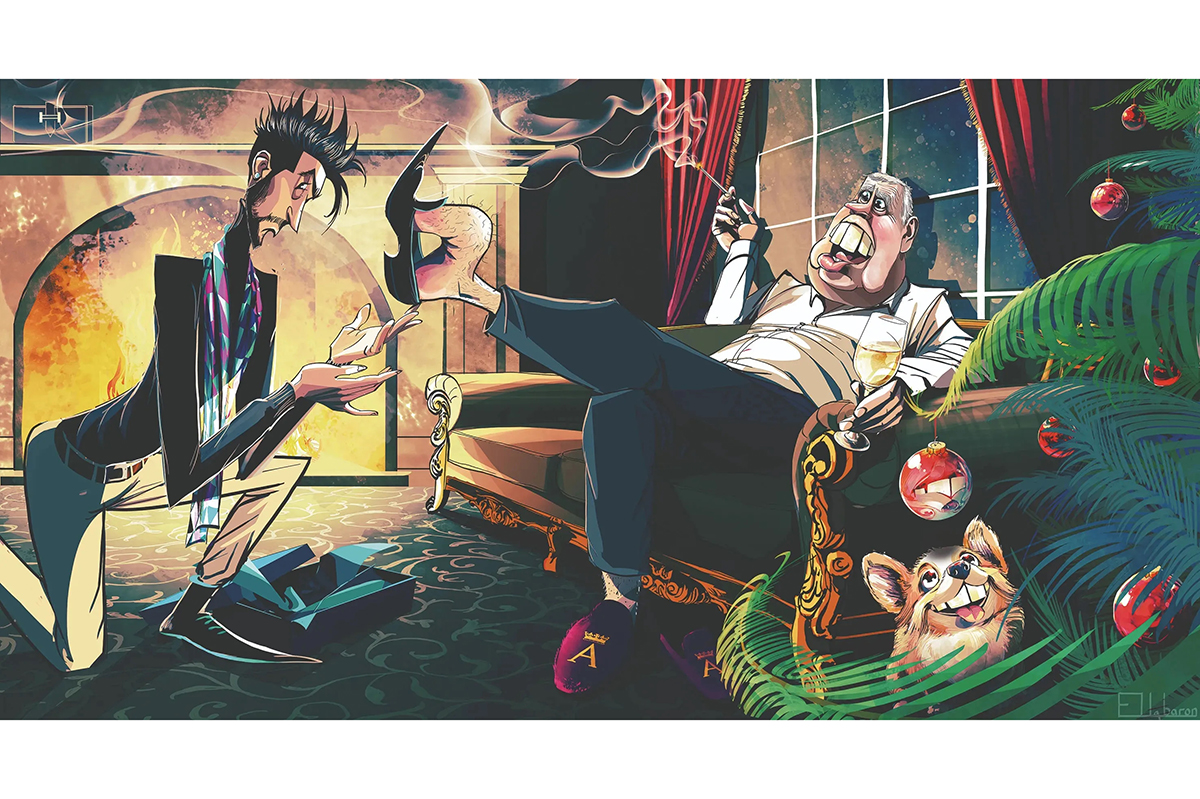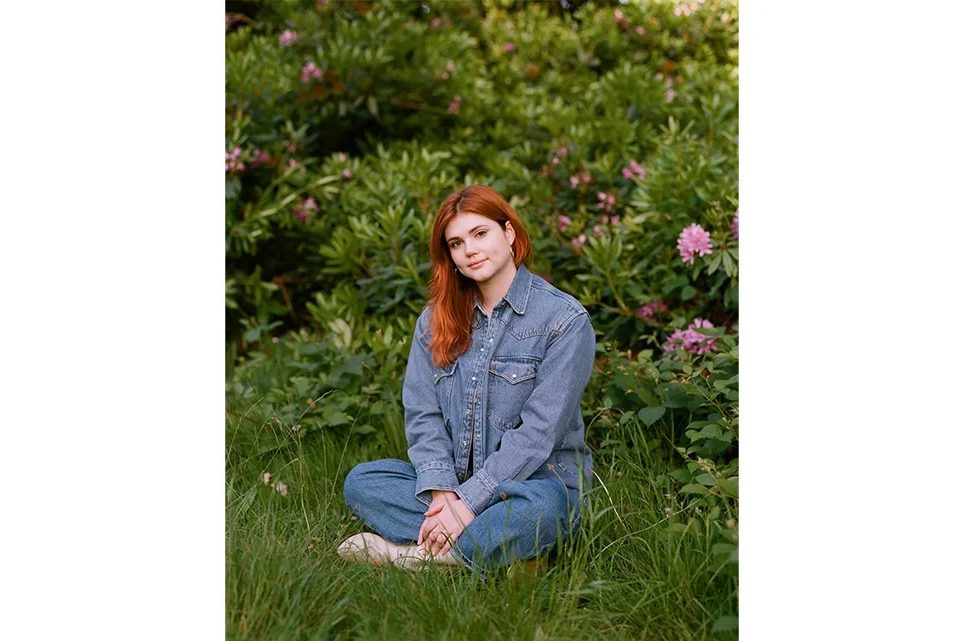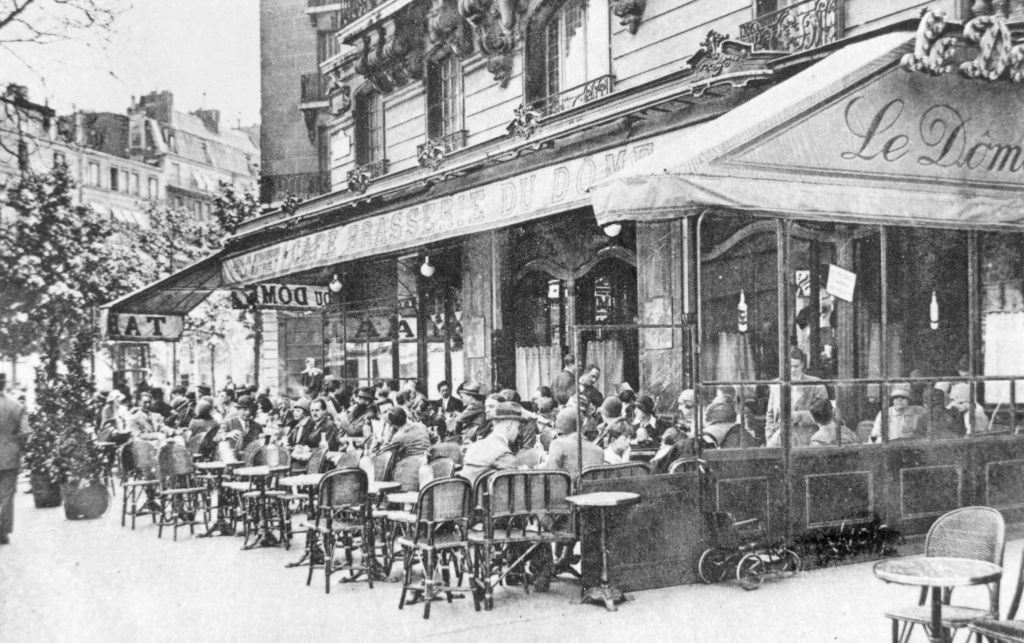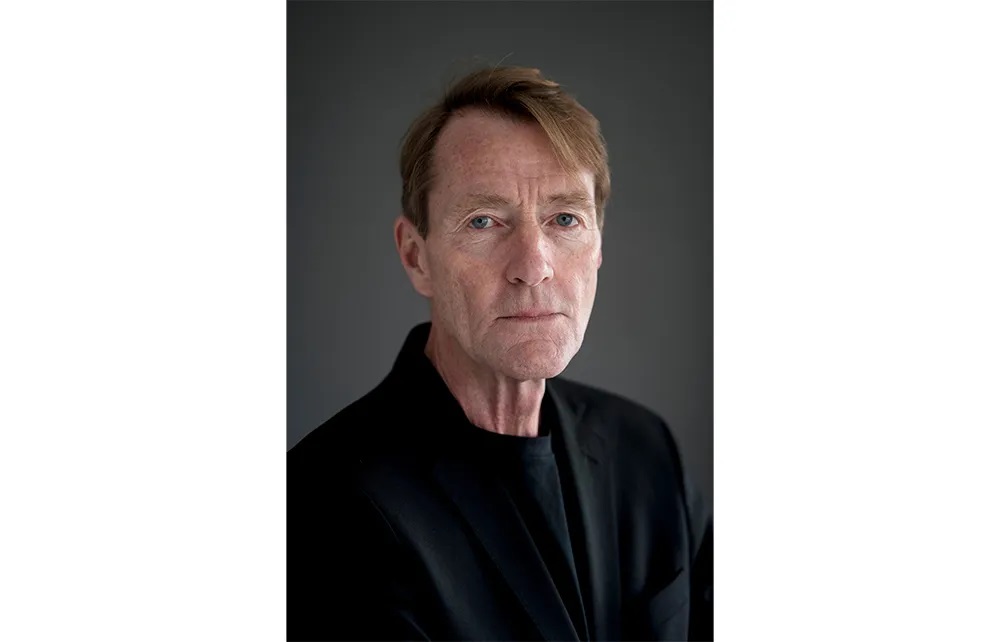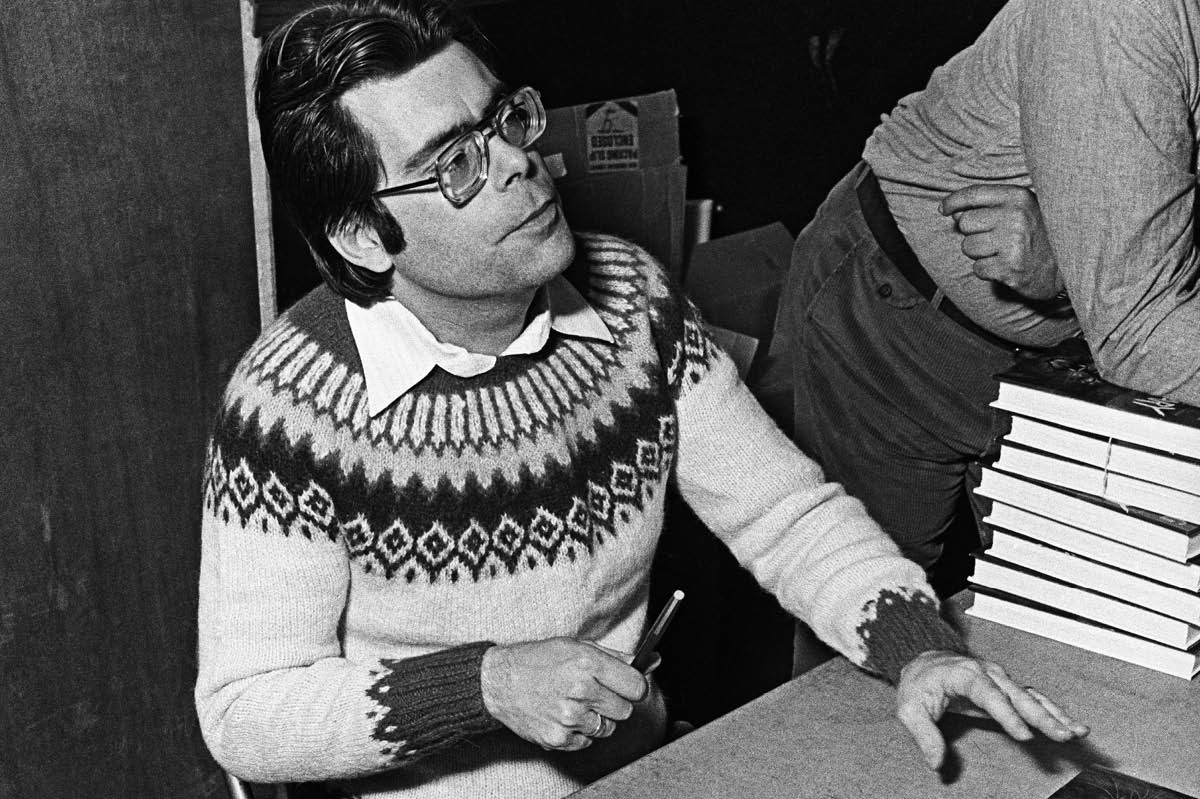This new collection of John Edgar Wideman’s short stories comes across the pond as one of four handsomely packaged volumes from Canongate. Little known in this country, he towers large in his native States; a MacArthur Genius fellow, a PEN/Faulkner Award winner twice, winner of the Prix Femina Etranger last year, endorsed by Richard Ford and Caryl Phillips…. Old now, he has a lengthy list of publications behind him, and, on this latest evidence, carries a flame of rage against American injustice and prejudice that yet burns magma-hot.
The collection opens with ‘A Prefatory Note’ addressed to an imaginary president (‘perhaps you are a colored woman, which would be an edifying surprise’) and is a couple of pages of composed fury; we are now going to examine the untended wounds of slavery and racism, and it will be disturbing and shocking. ‘History tells as many lies as truths,’ we are told, and then we are taken into the opener, ‘JB & FD’, which imagines a dialogue between John Brown and Frederick Douglass in which they discuss the Harper’s Ferry massacre — ‘it is no simple business to slaughter men with broadswords’ — and, thus, the swamps of blood on which America is built.
In fact, this is a three-way conversation; we are privy, too, to the thoughts of Wideman himself as, from his home in France, he plans the piece: the free indirect style here becomes a torch of awareness seeking a mind to wield it. It is immensely powerful: history is what you live. It is part of your autobiography, and Wideman himself often appears in these pages, his personal traumas given mythical, epochal status: a younger brother serving a life sentence for murder; a nephew executed in his own home; a son who killed a sleeping tent-mate; these are the events around which ‘Maps and Ledgers’ spins. Internalised brutality and formless rage refracted through a questing, eclectic and restless intellect.
The writing has an immediacy and an intimacy that, at times, recalls James Kelman, even Kafka; ‘Shape the World Is In’ occurs in one head in the teem of a New York tenement, the ambient sounds and smells insisting on the legitimacy of the individual, the personal sensual primacy. We’re coaxed into a territory that is almost Beckettian — ‘this world where I’m stuck forever, however long that might be. Me and everything else and nothing. Same space, same shape, same thing I am’. ‘Wail’ is a three-page uppercut of a story about the dead of 9/11 and, by extension, all dead and all bereaved, and as such is a distillation of the existential dread that is, apparently, Wideman’s creative fuel; in an interview with the NYT he said that whatever it is that separates black America from the world ‘ain’t nothing to do with our blood, it ain’t nothing to do with our history, it is essentially a recognition, the most profound and basic human recognition that you are alone. I am alone’.
Yet there is acknowledgement that writing is, in part, an attempt to ameliorate this cosmic isolation; ‘Examination’ contains a condensed review of Atticus Lish’s Preparations for the Next Life, given by the narrator to a nurse during some mysterious medical examination: ‘a reader is immersed,’ he says, ‘in violent, claustrophobic details of lives headed nowhere, as the two lovers prepare for a next life. One that will never arrive.’ Layers of modern America unfolding, finding its chroniclers, being written into being. Or writing itself into beings.
Similarly, ‘Yellow Sea’ gives us a narrator watching the Truffaut film of the same name, musing on the director’s ‘desire for movies that express the agony and joy of making cinema’ and then inviting us to consider the Lee Daniels film Precious, with its topics of incestuous rape and Aids and self-loathing, as well as news footage of a young black girl self-immolating in a nearby street.
The narrator is adrift, unmoored in this sea of stories, of anguish and pain and loss; the necessary construction of psychic armour can be achieved through the internal drama he forms around these events, the fact and the fiction, the seen and the perceived. As also happens in ‘Nat Turner’s Confession’, such boundaries are blurred; this is entirely suitable for the meta-fictive concerns of this collection in which literary tropes never, not once, override the crucial expression of suffering. As such, the closing piece, ‘Expectations’, is perfectly placed; an outraged howl at being defined and pre-judged on mere pigmentation, at having to centre that condition constantly in one’s life.
This is not an easily accessible book; reading it is not a consoling experience. Nor should it be, of course, and what it is is challenging, animating, enlivening and electrifying; it does what literature should do. It’s a bruising experience that leaves you feeling vulnerable and excited and alive. I will read more from this writer.



